From The Guardian:
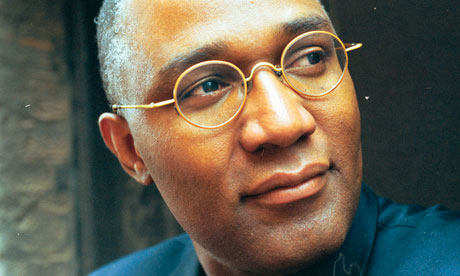
In a liberal democracy, pluralism makes religious liberty more not less necessary
It should concern us all that today's human rights industry exists as a totalising creed for a secular humanist agenda

Trevor Phillips, head of the Equalities and Human Rights Commission, recently said that religious rules should end 'at the door of the temple'. Photograph: Antonio Olmos for the guardian
Charles Malik, the Christian architect of the universal declaration of human rights, battled against intense Soviet pressure to secure basic definitions of rights for groups and individuals as a protection against arbitrary state power after the end of the second world war. But what we have today is a human rights industry that exists as a totalising creed for a secular humanist agenda in which rights are no longer universal, but subjective. They favour some minority identities and disfavour others.
If anyone has any lingering doubts about the myth of secular neutrality, they should take a look at the 2012 review of human rights, launched yesterday by the Equality and Human Rights Commission. The report gauges the extent to which our society is enjoying our rights through a set of protected characteristics such as race, age, sex, sexual orientation, pregnancy, marriage and civil partnership, gender reassignment, and last (and also least), religion and belief.
The review explicitly states that religion is to be trumped in any dispute over rights claims. Really. It says that an employer "may legitimately refuse to accommodate an individual's religious beliefs where such accommodation would involve discrimination on the basis of other protected characteristics".
This is the much talked about "hierarchy of human rights" in technicolour. It follows the flawed logic of Trevor Phillips's recent comments that religious rules should end "at the door of the temple" and it makes it more difficult for Christians to be properly Christian in their everyday lives.
The review confirms the findings of last week's Clearing the Groundinquiry report from the Christian all-party parliamentary group. It found that, although much of the recent human rights legislation was introduced in the name of equality and diversity, what it actually enforces is inequality and sameness. Unsurprisingly, the report recommends that in light of such profound religious illiteracy, the commission needs urgently to be reviewed and restructured.
Whether as a reflection of the intrinsic deficiencies of the Equality Act, or as a reflection of the intrinsic deficiencies of the commission, or both, this relegation of religious freedom should concern us all.
Historically, freedom of religion or conscience is not an add-on to some imagined pre-existing rights. It is foundational. Other rights such as freedom of association, speech, assembly, movement, representation, expression etc, depend on it. James Madison once observed: "The rights of conscience … is one of the characteristics of a free people." And this was confirmed in recent debates in parliament that identified freedom of religion as the "litmus test" for emerging democracies in the Arab spring.
Our own liberal democracy desperately needs to remember that pluralism makes religious liberty more necessary, just as religious liberty makes pluralism more likely.
Perhaps the greatest challenge to politics today is that nobody really knows how to manage a diverse and fragmenting society. Reconciling the competing rights claims of different groups will always be a complex, messy and thankless task. The task is made harder by a law that bundles rights together and then treats them unequally. The law performs a double disservice when it eschews any pleas for reasonable accommodation, instead preferring to pit one group against another. But when we review the condition of human rights today, this is the situation we find. It is unsustainable.
A society that is at ease with itself should be the goal of us all. And if the Equality and Human Rights Commission is going to help achieve this, it must begin by taking freedom of religion seriously.
.gif)
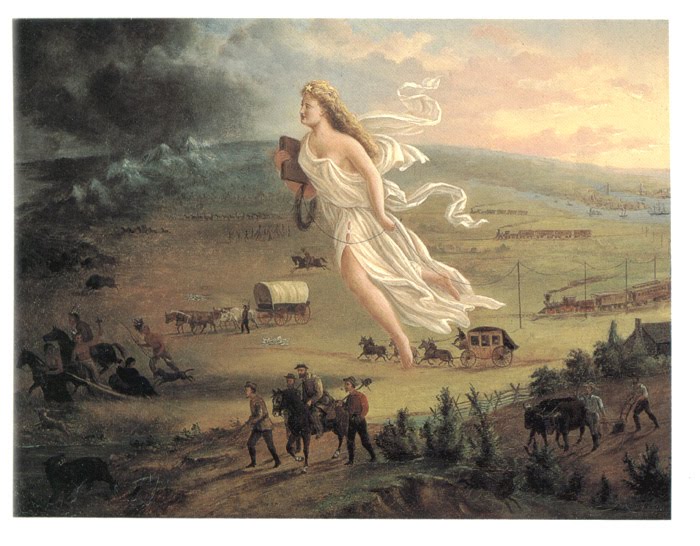

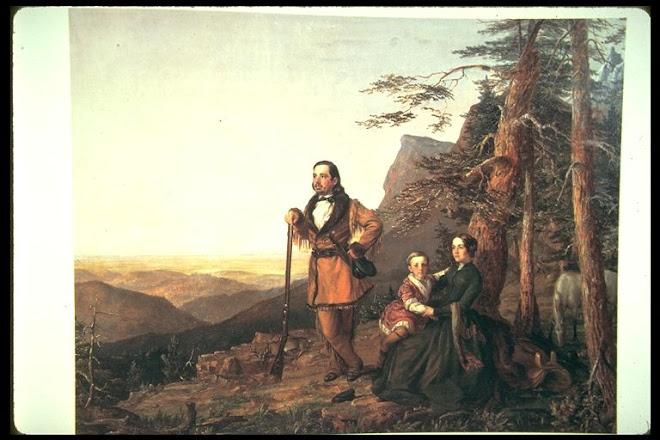


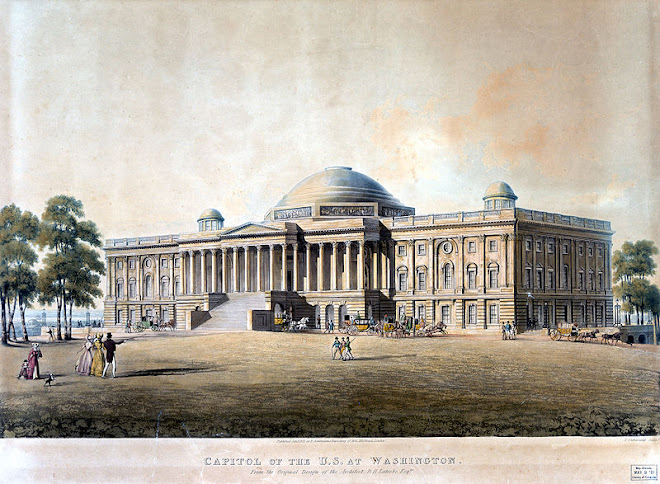


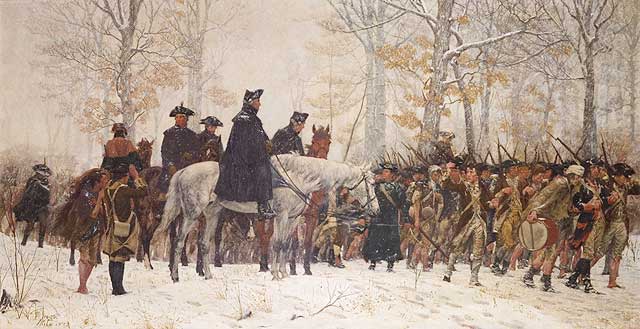
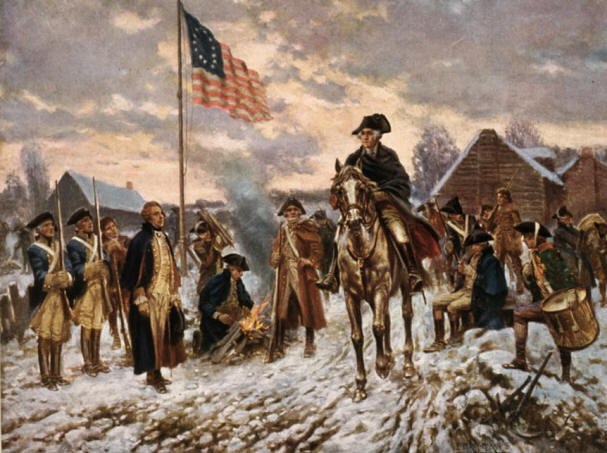
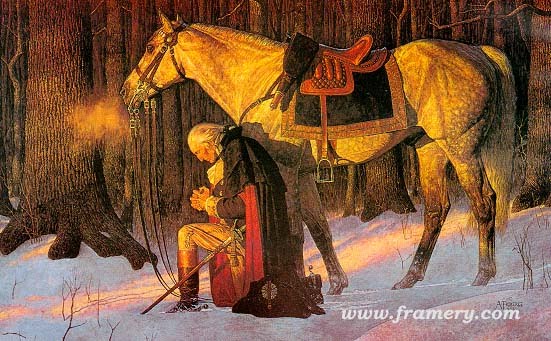

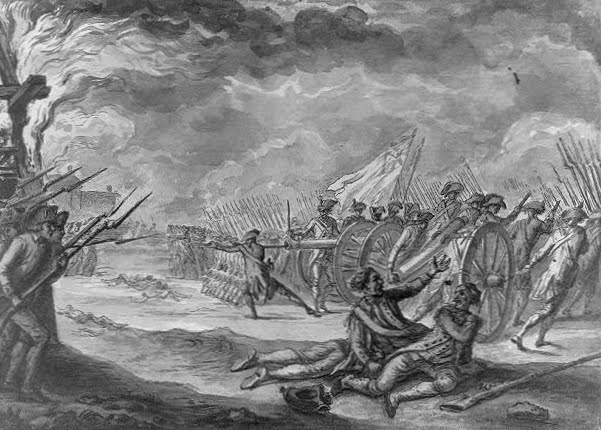


















No comments:
Post a Comment